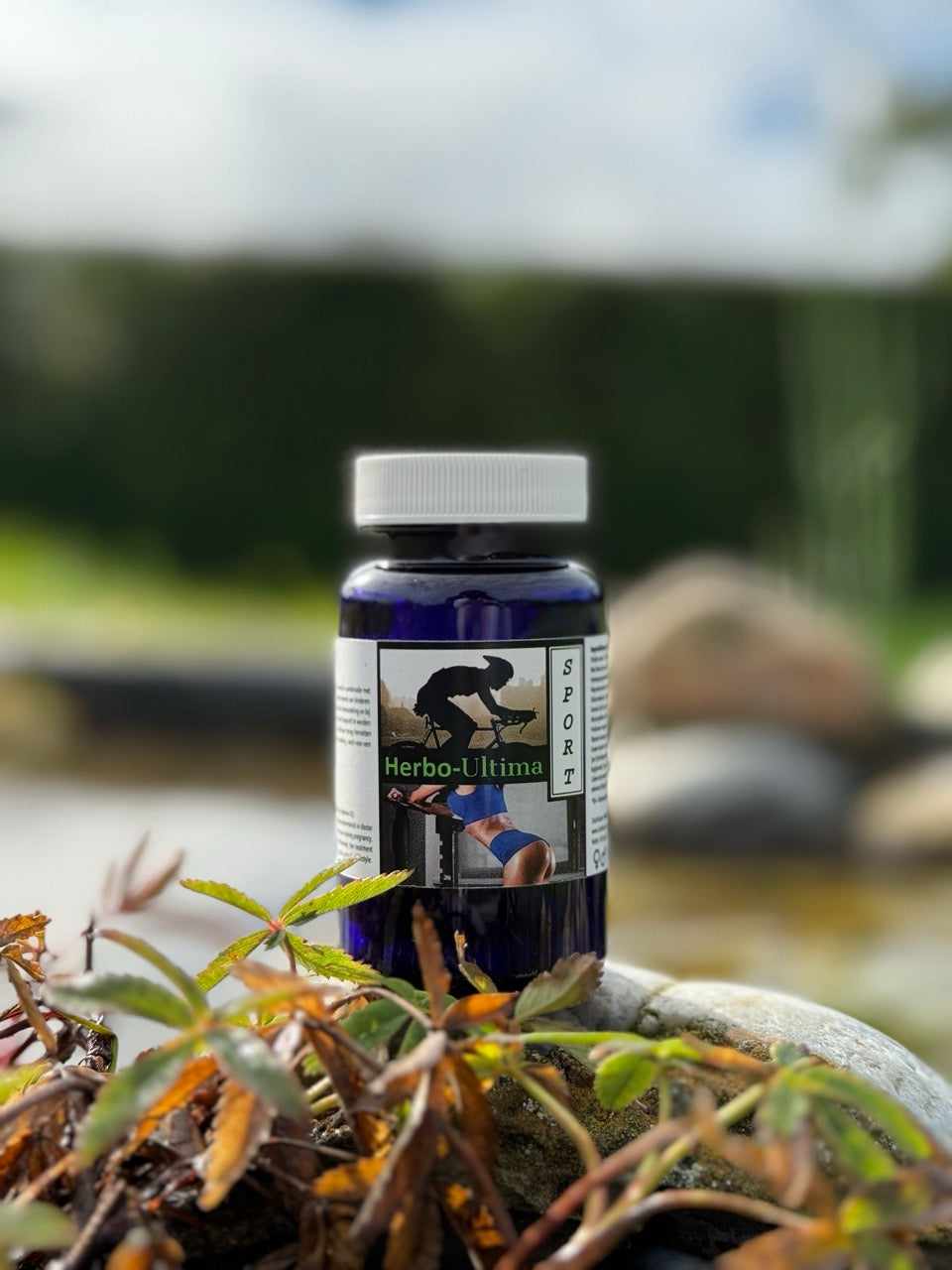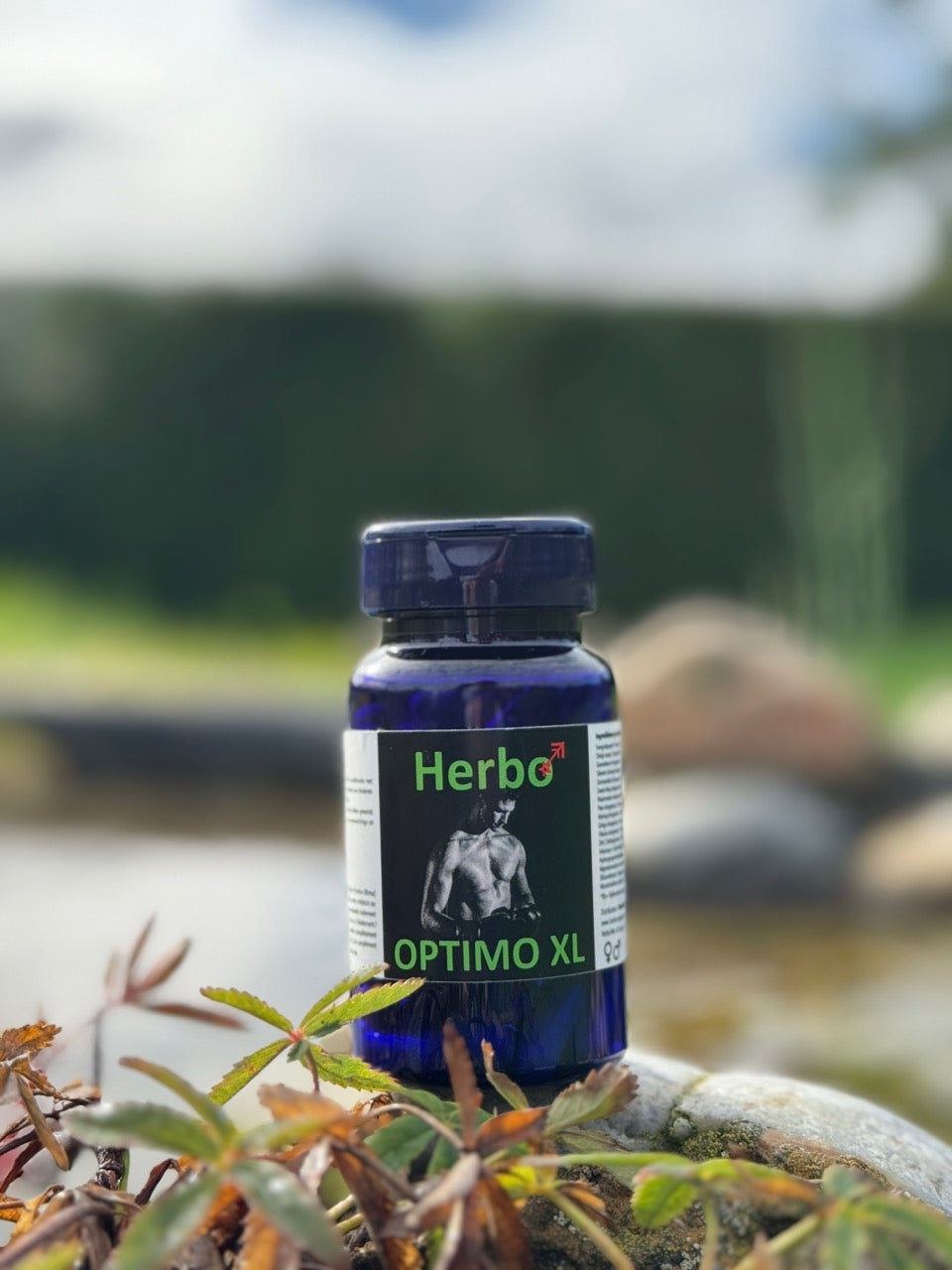Selenium
(selenium)

Selenium or selen is a trace element. Selenium protects red blood cells and cells from damage.
Furthermore, selenium makes heavy metals that can sometimes enter food less toxic.
Also, it is important for the proper functioning of the thyroid gland.
Selenium is found in many foods, both animal and plant-based products.
In the Netherlands, a selenium deficiency normally does not occur. It is not easy to consume too much selenium through your food.
Only Brazil nuts contain a lot of selenium. Therefore, vary with other unsalted nuts.
Inhoud
- What is selenium?
- Where is selenium found?
- What do you need selenium for?
- What are the consequences of a selenium deficiency?
- What are the consequences of too much selenium?
Wat is selenium?
Selenium (selenium) is a trace element. A trace element is a mineral that the body needs only in very small amounts.
Different forms of selenium
In animal and plant products, selenium occurs in the forms selenomethionine, selenocysteine, selenite, or selenate.
Selenomethionine and selenocysteine are the most common forms in our diet. The body absorbs these forms better than selenite or selenate.
How does the body absorb selenium?
On average, you absorb about 70% of the selenium present in your diet into your body.
Waar zit selenium in?
Selenium is found in many foods. It is especially abundant in fish and certain types of nuts (especially Brazil nuts).
Also meat, whole grain products, and dairy products make an important contribution to the amount of selenium we consume in the Netherlands.
For plant-based products, such as whole grain products and vegetables, the amount of selenium depends on the selenium content in the soil.
Selenium is also found in meat because selenium is added to almost all animal feed.
Waarvoor heb je selenium nodig?
Selenium has various functions in the body:
- Selenium works as antioxidantIt protects red blood cells and cells from damage.
- Selenium makes heavy metals that enter food through contamination less toxic.
- Selenium ensures the proper functioning of the thyroid gland.
What are the consequences of a selenium deficiency?
In the Netherlands, a selenium deficiency normally does not occur.
Symptoms of a deficiency have been observed in people who received parenteral nutrition without selenium for a long time.
Parenteral nutrition involves delivering nutrients directly into the bloodstream.
Symptoms of a selenium deficiency include heart disorders, muscle pain, and muscle weakness.
What are the consequences of too much selenium?
You don't easily get too much selenium through your food. Only Brazil nuts contain a lot of selenium.
With a handful of Brazil nuts, you consume more than the acceptable upper limit. In itself, that is not a problem.
The acceptable upper limit indicates the amount you can take for a long time without negative health effects.
This takes into account a safety margin.
If you exceed the acceptable upper limit once, you won't immediately get complaints. But it is good to vary your nuts.
Aanvaardbare bovengrens
Because a prolonged excessive intake of selenium has negative health effects, the European Food Safety Authority (EFSA) has established an acceptable upper limit for selenium.
Always opt for balanced supplements.



